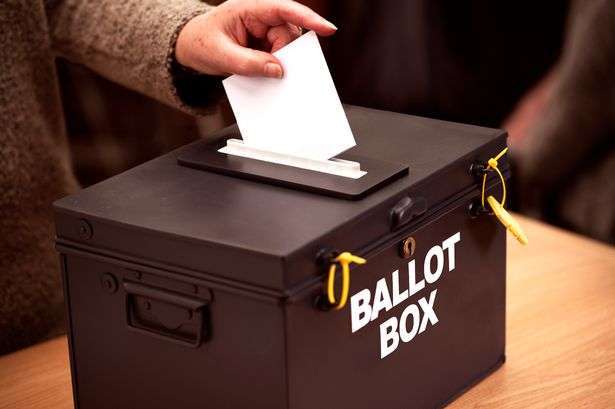Recent scientific findings have highlighted severe implications of social isolation on cardiac health, particularly in individuals over 50 years of age.
The research discovered that elderly individuals who consistently experienced severe loneliness had a 56% increased risk of heart stroke when compared to individuals who didn’t report feeling lonely.
The study’s lead author, Dr Yenee Soh from the Harvard T. H. Chan School of Public Health in the United States, emphasized, “Loneliness is increasingly recognised as a significant public health concern. Our study provides further evidence for that.”
“Our findings suggest chronic loneliness can play a critical role in stroke incidence, which is among the leading causes of long-term disability and mortality globally,” adds Dr Soh.
Though prior research has connected loneliness to a higher likelihood of cardiovascular diseases, the exploration of its impact on stroke risk remains limited. The current investigation provides one of the first insights into the relation between shifts in loneliness and stroke risk over a certain period.

(Image: Getty Images)
This research used data from the Health and Retirement Study (HRS) between 2006 and 2018 to evaluate this connection. In the period from 2006 to 2008, there were 12,161 respondents, all of whom were adults aged 50 and above who didn’t have any history of stroke. They answered questions on the Revised UCLA Loneliness Scale, hence allowing the researchers to develop loneliness scores.
Four years later, 8,936 participants who continued to be a part of the study responded to the same questions.
The study classified participants into four loneliness categories based on their initial and follow-up loneliness scores: consistently low, remitting, recent onset, and consistently high.
Between 2006 and 2018, the count of strokes recorded in the individuals who had their loneliness measured at the start was 1,237. For the individuals who were assessed for loneliness twice during this period, a total of 601 strokes were reported.
After adjusting for factors like social isolation and depressive symptoms, which are related yet distinct from loneliness, the research team determined each group’s stroke risk in accordance with their level of loneliness.
A clear connection between feelings of loneliness and an enhanced likelihood of stroke was discovered by this study, published in eClinicalMedicine. It underscored that persistent loneliness considerably increases this risk.
An elevated stroke risk by 25% was observed in participants identified as lonely at the start of the assessment compared to those not categorised as lonely.
Fifty-six percent higher stroke risk was found in participants who consistently reported feelings of loneliness, compared to their less lonely peers. This was true even after other known risk factors were taken into account.
No clear pattern was found relating to increased stroke risk among participants with inconsistent or recent onset loneliness, meaning that loneliness’s impact on stroke risk is more of a long-term nature.
Highlighting the significance of addressing chronic loneliness, Dr Soh said “Repeated evaluations of loneliness can help identify those at a higher risk for stroke due to chronic loneliness. If we don’t pay attention to their loneliness on both large and small scales, it could lead to major health implications.”
She also pointed out the importance of interventions specifically targeting loneliness, which is a subjective perception and should not be mistaken with social isolation.
The research team argues that performing further analyses on changes in loneliness over shorter and longer durations could cast more light on the association between loneliness and stroke risk.
Make use of WhatsApp powered proactive notifications to receive all the latest news directly in your messages












